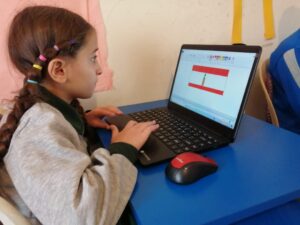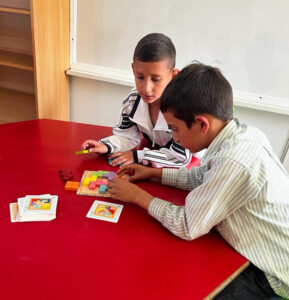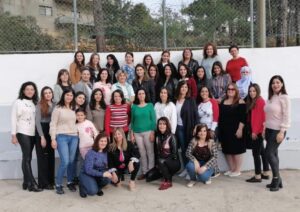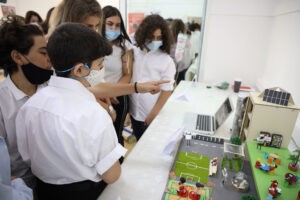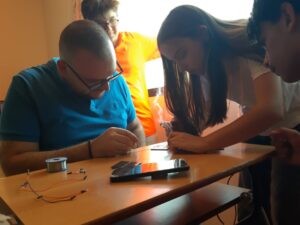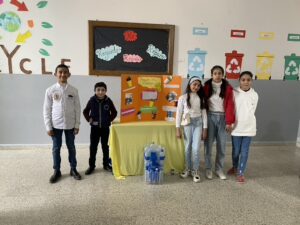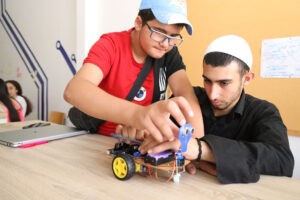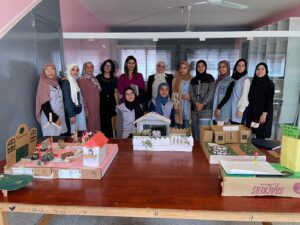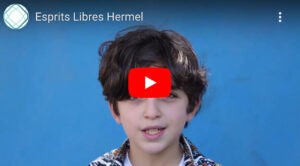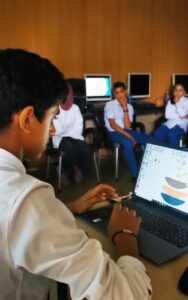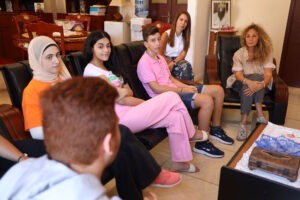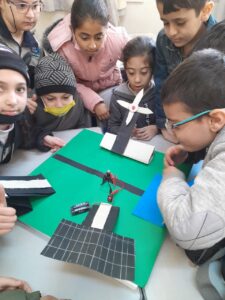To address the escalating challenges, the education system needs to be regenerated at every level: from infrastructure, tools and opportunities, to leadership, capacity, values and mindset.
The work is designed to immediately and progressively fill the void left by the state, by helping school principals and their communities find and trust their own agency to shape the future of their schools, and take action to make progress towards this future.
- nafda schools take the lead in designing and implementing transformative initiatives that address their specific needs, and they support each other so that they not only survive the crisis, but also shape a vision for the future of education in the country.
- the nafda team and allies provide resources, connections, and guidance to support nafda schools with their urgent needs and transformative initiatives.
The 3 nafda values – Engaged Citizenship, Good Governance and Social Justice – are at the heart of all areas of our work.
Methodology
Community Engagement & Visioning
nafda principals start by assessing the school-related priorities of different stakeholders: students, teachers, parents, and local organizations in the community. The process culminates in a meeting where representatives from all stakeholder groups discuss and consolidate these priorities, begin to create together a vision of the School For the Future, and ways parents and the rest of the community can support the transformation journey of the school
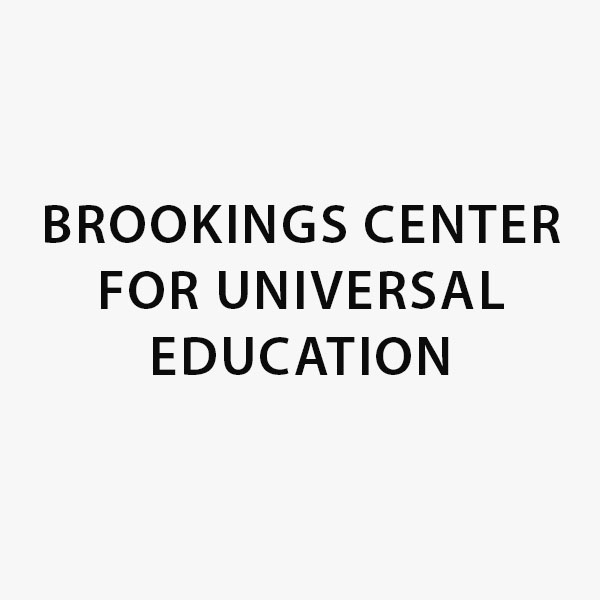
inspired the community engagement
& visioning process that nafda schools did
Thematic Learning Labs
Based on the results of the Community Visioning Process, schools join Thematic Learning Labs to design projects and share experiences. The projects are building blocks for the School For the Future. Currently, the lab themes include STEM/STEAM, Core Academics, Inclusive & Equitable Learning and Student Soft Skills. Lab projects are co-created by school teams and local partners, our coalition of educational institutions and NGO partners, with support from nafda facilitators & coaches.
100-Day Challenges
Most school projects in the Thematic Labs are designed and implemented using the 100-Day Challenge framework. This involves a multi-stakeholder team (students, teachers, and parents) setting a hyper ambitious 100-Day goal, and finding creative ways to achieve it. The framework is designed to inspire intense collaboration, rapid innovation and disciplined execution.
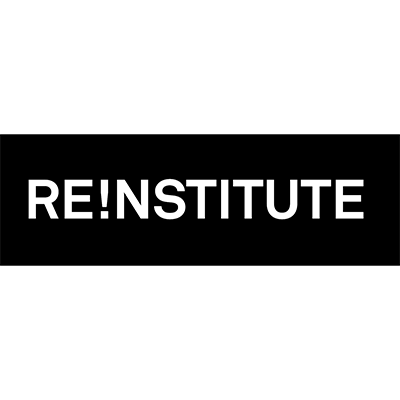
inspired the 100-Day Challenge work of nafda schools
Case Studies
Equitable and Inclusive Learning
Questions around the effectiveness of teaching methods are at the forefront of education discussions worldwide. Few are as affected by standardized education as students with learning difficulties. When comparing themselves to peers, they may feel alienated and often subjugated to bullying. Parents are not only concerned with seeing progress and success in their children’s academic journey, but more-so with their capacity to integrate society.
The projects in the Equitable & Inclusive Learning Lab focus on attuning to students’ needs and creating a safe environment for them to learn confidently.
STEM/STEAM
Widely regarded as a skill necessary for 21st-Century learning and a modern workforce, schools and their communities are placing STEM/STEAM alongside other thematic areas at the forefront of education transformation in Lebanon.
They are bringing to students opportunities for students to develop a maker’s mindset and enhance skills in coding, robotics, 3D printing, web development, and other disciplines in computer sciences as well as craftsmanship through product design, woodworking and much more.
Core Academics
Even before the economic and financial crisis, the education system in Lebanon was struggling, and the roots of decay run deep. The outdated National Curriculum has not been updated since 1997, and children in Lebanon have below average literacy and numeracy rates in the Middle East (World Bank, 2018).
nafda schools are not only trying to ensure students’ sustained learning, but taking curriculum reform into their own hands. They are working towards making learning more engaging and relevant to the reality of the world we live and the ways in which it is evolving.

